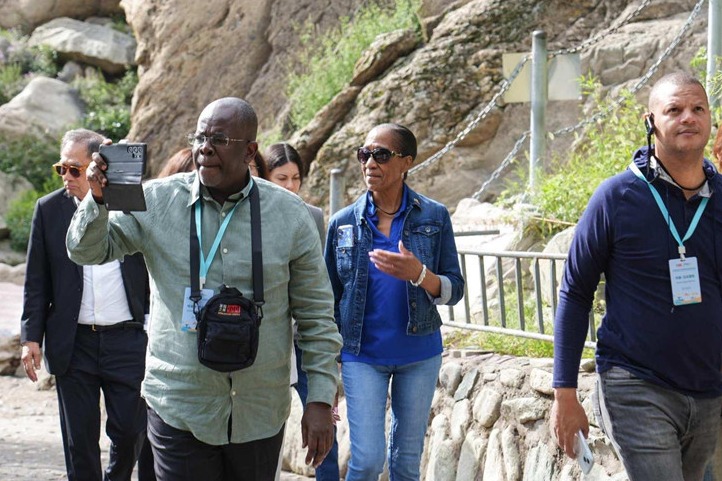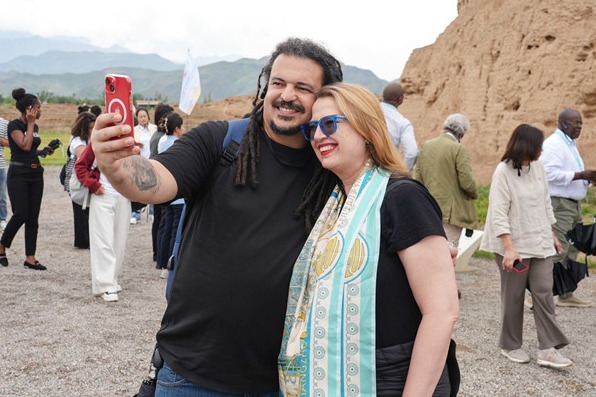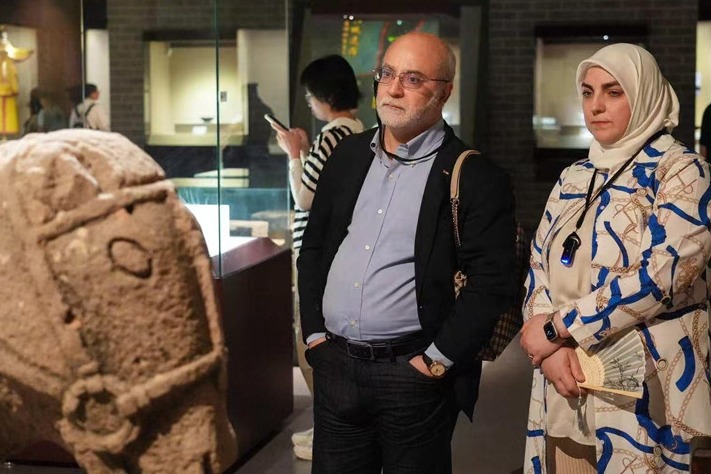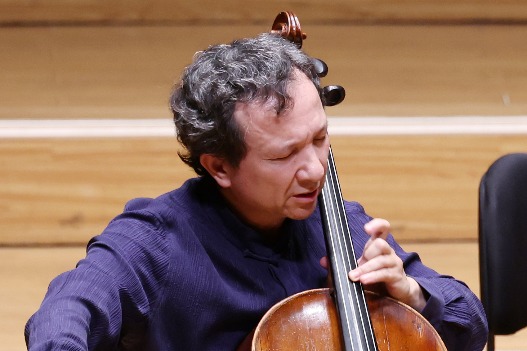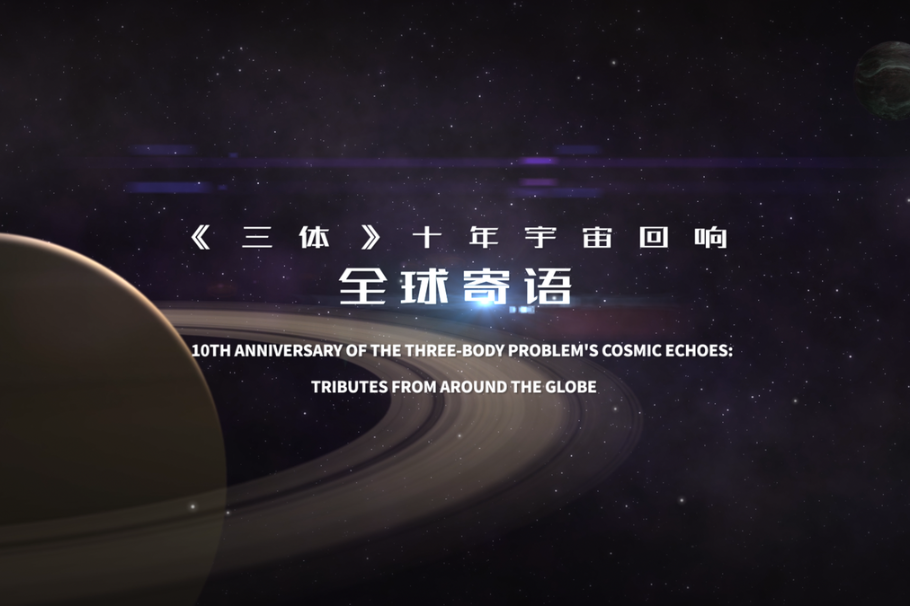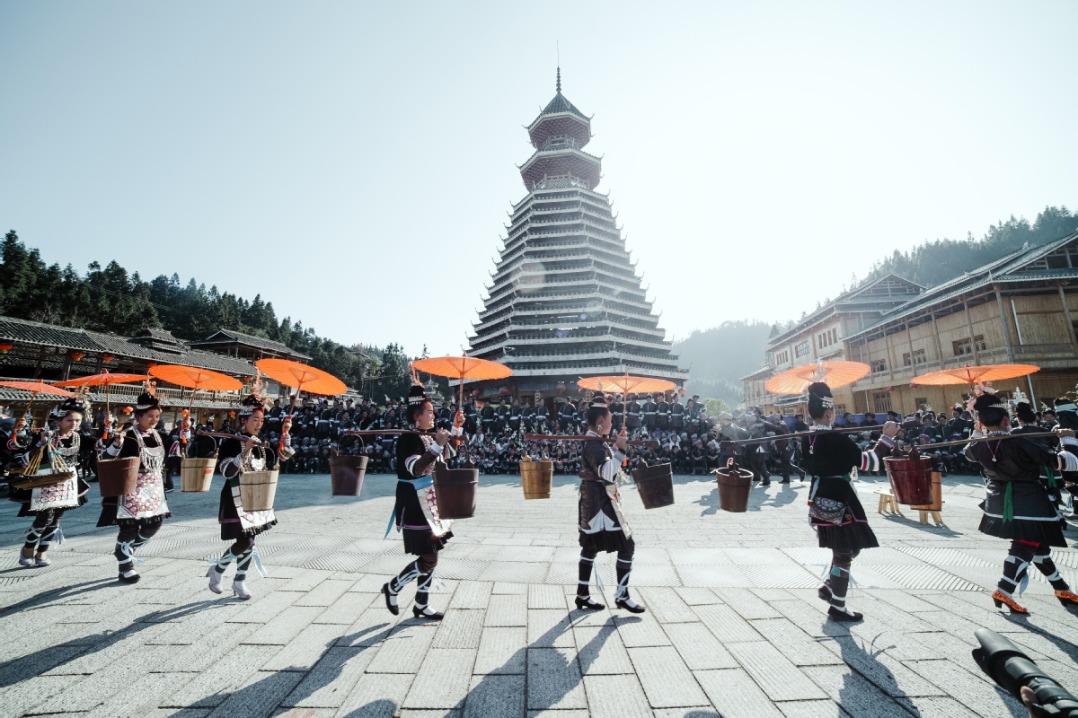Book unveils untold chapters of war


British historian highlights China's pivotal resistance and challenges Eurocentric timelines of history, Yang Feiyue reports.
When British historian Richard Overy set out to write about World War II from a new perspective, he was acutely aware that he was stepping into a field saturated with sweeping accounts, well-trodden battle narratives, and Euro-American interpretations that have long dominated the historiography.
Yet, his latest work, Blood and Ruins: The Great Imperial War, 1931-1945, distinguishes itself by challenging the Eurocentric timeline of the war and offering a broader, global vision.
Overy, an internationally renowned expert in war history, especially that of World War II, argues that the war did not truly begin in 1939 with Germany's invasion of Poland but in 1931, with Japan's occupation of Northeast China. Chinese historians have long described this as the start of the "Fourteen-Year War of Resistance", a conflict that marked not only the opening of the Chinese People's War of Resistance Against Japanese Aggression (1931-45) but also the first act of what would become a global war.
As victors of World War I, Britain and France continued to dominate the international order, ruling vast colonial empires. Their supremacy, however, festered discontent among rising powers such as Italy, Japan and Germany. These late-19th-century newcomers to the world stage were also eager to carve out empires of their own, only to discover that little space remained for their ambitions.
The global economic crisis of 1929 further deepened their frustrations, turning long-simmering resentment into aggressive expansionist action, which first manifested itself in the Japanese invasion of China. Italy's invasion of Ethiopia followed in 1935, and Germany remilitarized the Rhineland in 1936. By 1939, when German forces stormed into Poland, Britain and France declared war in response. Soon after, both the Soviet Union and the United States were drawn into the maelstrom, recounts the preface of Overy's book.
The war's reach was unprecedented. It extended from the Aleutian Islands in the North Pacific to Madagascar in the Southern Indian Ocean, touching even the remotest corners of the globe.
"It is genuinely global, because it involves every part of the globe. I want you to get away from the idea that this is a European-centered war," Overy says.


















